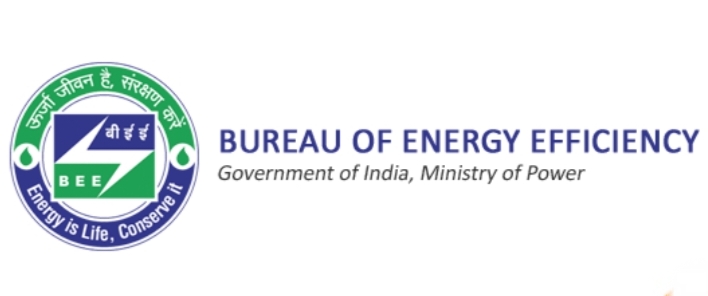- BEE (Bureau of Energy Efficiency) is an Indian government agency responsible for promoting energy efficiency and conservation, under the Ministry of Power.
- The energy’s function is to develop programs which will increase the conservation efficient use of energy in india.
Key aspects:
- Energy efficiency standards: BEE sets standards for energy efficiency in various sectors, including appliances, buildings, and industries.
- Star rating system: BEE uses a star rating system (1-5 stars) to label energy-efficient products.
- Mandatory standards: BEE standards are mandatory for certain products, such as air conditioners, refrigerators, and motors.
- Voluntary certification: BEE offers voluntary certification schemes for products and buildings.
- Regular updates and revisions: BEE standards are reviewed and updated regularly to reflect technological advancements.
Benefits:
- Energy savings: BEE standards promote energy-efficient products and practices, leading to energy savings.
- Environmental benefits: Reduced energy consumption leads to lower greenhouse gas emissions and environmental benefits.
- Economic benefits: Energy-efficient products and practices can lead to cost savings for consumers and industries.
- Increased consumer awareness: BEE’s star rating system raises consumer awareness about energy efficiency.
- Compliance with international standards: BEE standards align with international energy efficiency standards.
Popular BEE standards:
- BEE star rating for appliances
- Energy Conservation Building Code (ECBC)
- Perform, Achieve, and Trade (PAT) scheme for industries
- Standards for motors, pumps, and fans
- Guidelines for energy-efficient buildings
By adopting BEE standards, India aims to reduce energy consumption, promote sustainable development, and mitigate climate change.
